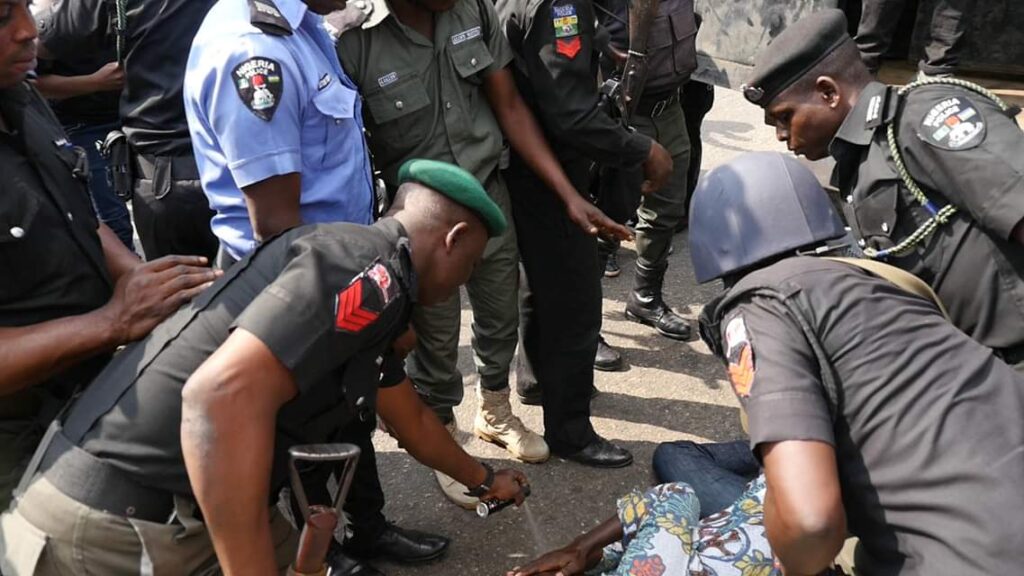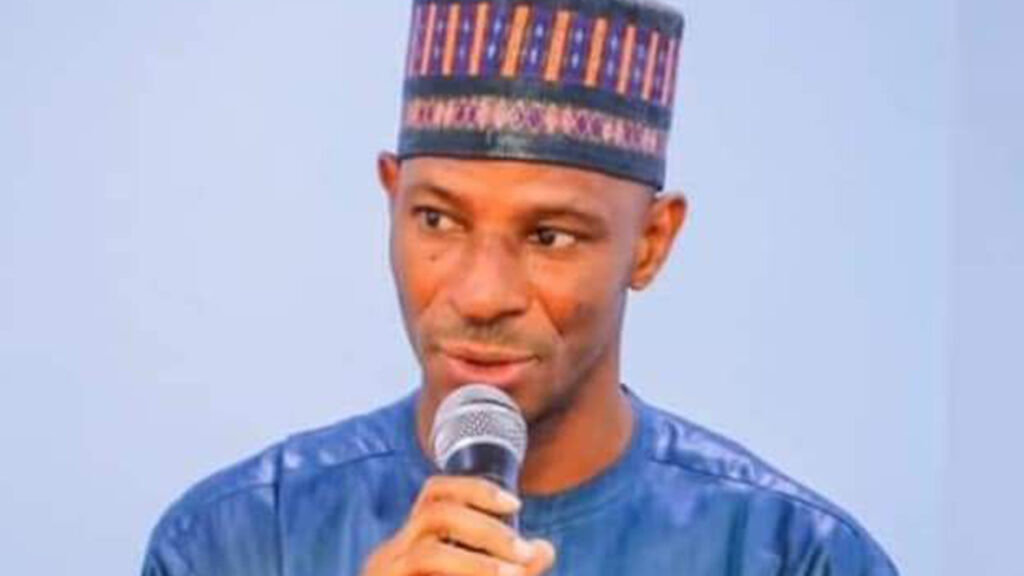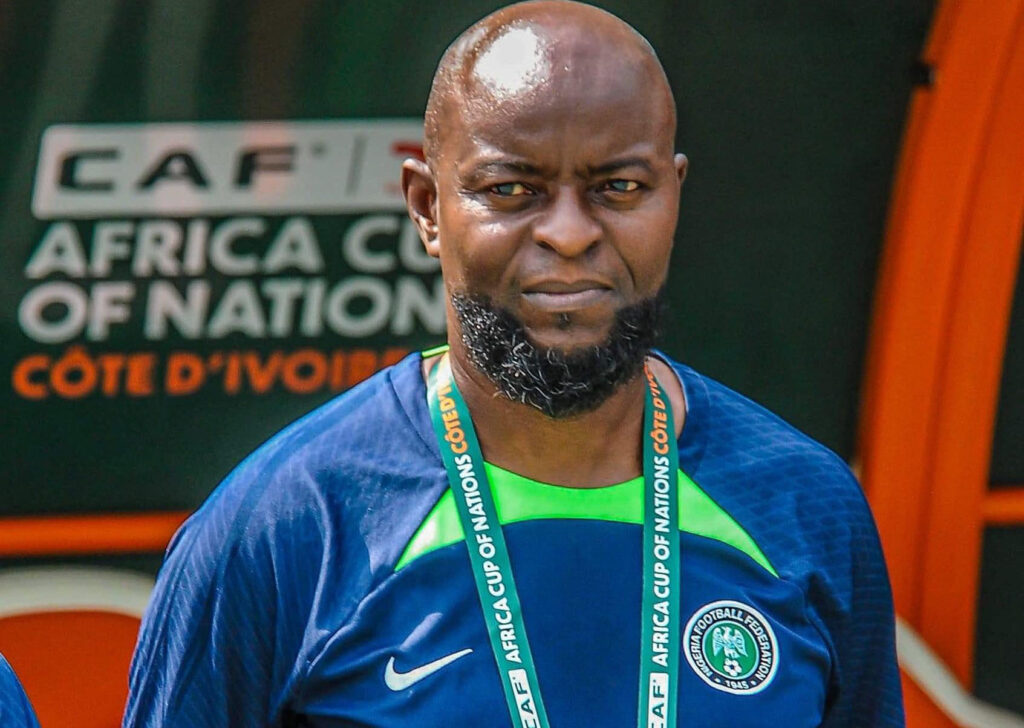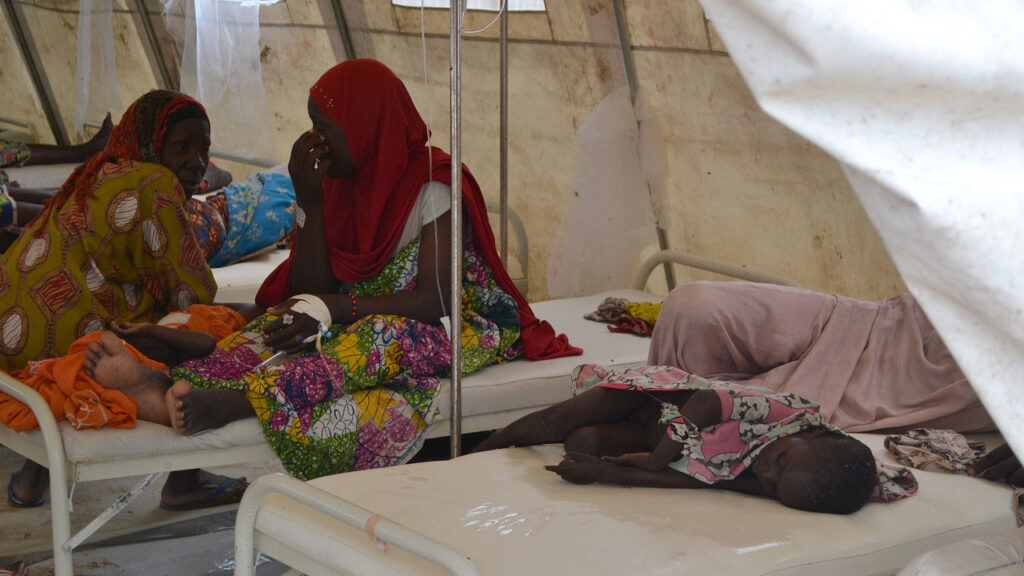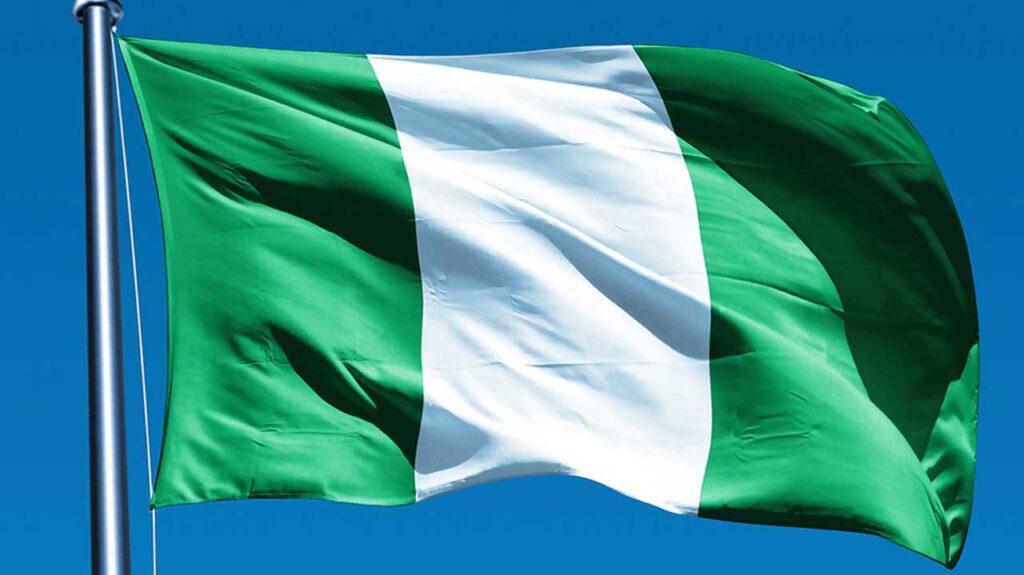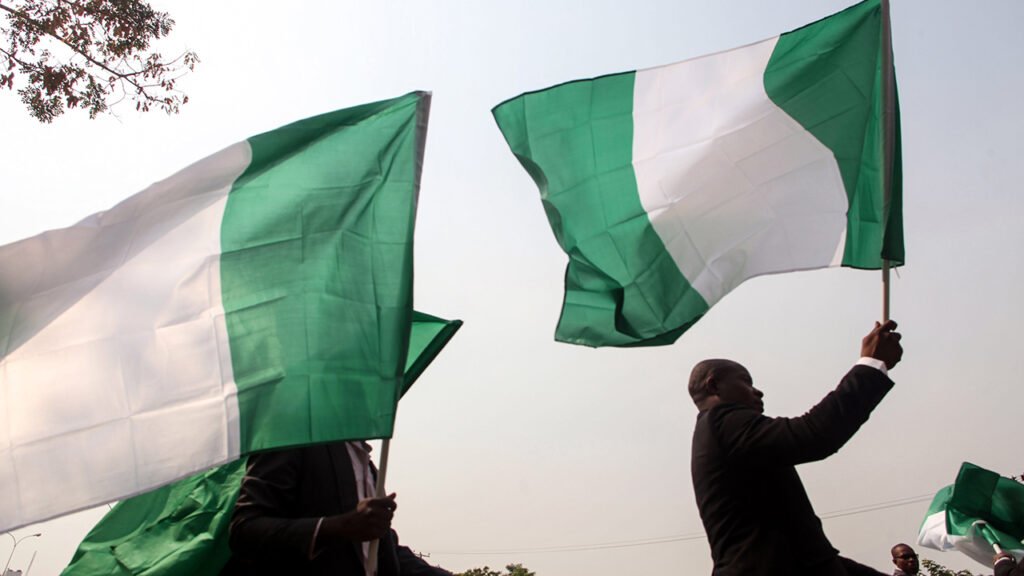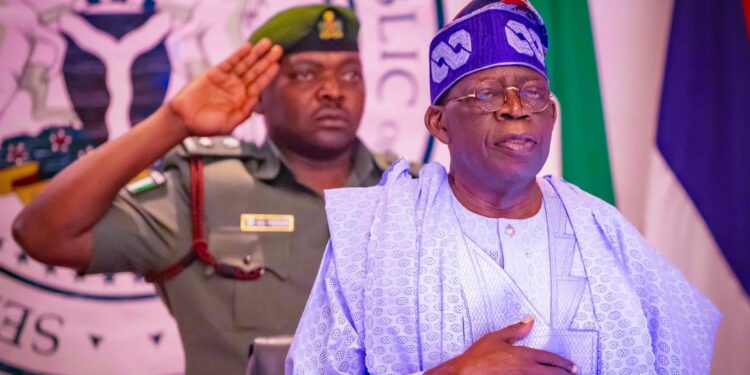
In another drama from the stable of American Politics, millions of global audience stayed glued to their television sets recently, to watch the spectacle of the arrest and arraignment of Donald Trump in a Manhattan courtroom. His offence, this time around, is his involvement in the payment of hush money to Stormy Daniels, a known porn star or ashawo in local parlance, who said she had an affair with President Trump. While the accused has denied the affair, evidence abounds that Michael D. Cohen, Mr. Trump’s fixer at the time, made the payment during the final days of the 2016 presidential campaign. The district attorney, Alvin L. Bragg, began scrutinising the hush money payments last summer and in January, impaneled a grand jury. The jurors had voted to indict Mr. Trump on 34 felony counts. While hush money is not inherently illegal, the prosecutors could argue that the $130,000 payout effectively became an improper donation to Mr. Trump’s campaign, under the theory that it benefited his candidacy because it silenced Ms Daniels. Trump has pleaded not guilty to the count charges.
The stormy character of Mr. Trump has had a series of scandals in and out of office, and is currently the subject of several ongoing investigations. In the Stormy Daniels’ episode, there are fair questions to ask. Trump’s behaviour may be sleazy, but was it criminal or just a political scrutiny of irrepressible Donald Trump? Recall that Trump had on two occasions been impeached and stands accused of a string of infinitely more serious, well-documented crimes, including a violent attempt to overthrow the government having lost in a free, fair, and credible election. Earlier, he had urged a foreign president to investigate his potential political opponent for corruption in order to score cheap political advantage. These are prima facie more serious crimes against the State, than the hush money allegations.
Indeed politics writ large in this indictment. After all, Trump is a former president of the United States, and a current candidate for the Republican nomination for 2024, with large followings angling to ‘make America Great again.’ Is it an attempt to forever silence Trump politically? Will any citizen without such political status be subjected to a criminal indictment on the basis of such a “novel legal theory?” Is the cause of justice and confidence in the rule of law served by a district attorney in New York filing the first-ever criminal charges against a former president when the vast majority of citizens may not even understand the exact nature of the alleged crimes? These are questions that the trial will unravel in the days ahead, and in turn reshape global perception of American democracy.
Besides reinstating the fact that all politics are local, the lessons are self-evident, especially for neutrals in this matter.
First, the Stormy Daniels’ scandal is apparently the weakest of the cases ever brought against Trump. Yet, it has succeeded in making history. It is the first time a president or former president of the United States has ever been the subject of a criminal indictment. Undercurrent therein is that no one should tower higher than the law. Clearly, Trump’s accusers will have to combine multiple accusations together in a constructed argument designed to avoid statutes of limitations and convince a jury of felonious behaviour backed up with adequate admissible evidence, and might even turn out to be a prosecutorial failure. However, that one of the most powerful men in American history is brought to trial is a high-five for the rule of law.
With the exception of South Africa in the Jacob Zuma episode, democracy in Africa has rarely tested its strongmen in power. Nigeria, which is the biggest democracy on the continent, is arguably the worst charade to democratic values, where public office holders daily sneer at the law they swore to uphold. For example, President Muhammadu Buhari’s erstwhile disobedience to the Supreme Court ruling on the currency swap, right in the midst of mortal suffering of Nigerian masses, is a classic example of modern repudiation of the rule of law or that of strong institution. If the president could blatantly disregard the rule of law and without consequences, why not other members of the polity?
Lord Denning once quipped: “He who is ever so high, the law is above you.” And that is the hallmark of the American Republic, and one of the reasons the State still remains the strongest economic force globally. Where the law reigns supreme, not caring whose ox is gored, is the best place to find justice, liberty, and egalitarianism. It is the best haven for development, Foreign Direct Investments (FDIs), and order. The trend globally is that countries with high fidelity to the rule of law and strong institutions make progress faster than those that deify power holders, who manipulate the system for self-aggrandizement. The former group has worthy examples in countries like South Korea, Malaysia, Singapore, Israel, and South Africa, among others. A Nigeria that rewards treasury looters with seats in the parliament, freely award prodigal lifelong benefits in retirement, and state pardons for the very few convicted, does not belong to the progressives, and clearly an aberration to the rule of law, and the reason it keeps sinking in misery index. To change that narrative, Nigeria and Nigerians must be intentional in joining that league of transparent countries that hold their leaders accountable, for their actions and inactions in office – without exception. No person, however famous, big-headed or threatening, should be above the law.
More specifically, therein abounds personal lessons for public office holders, at least to remember that power is a privilege, it is transient in nature, and it comes with a heavy burden of responsibility for every action or inaction. President Trump bears responsibility for his own action in sleaze, without which he would have been saved the trouble of ‘political persecution’ or the so-called partisan perversions of the justice system. Tellingly, in the power circle that is well-dominated by the male folks, almost all have sinned on the altar of infidelity, fell and are still falling to the superior ‘bottom’ power of the female folks.
President Bill Clinton was one of the most loved American leaders that lost it to an unguarded affair with Monica Lewinsky, which nearly brought down his Presidency. His party men had to overrule his impeachment. The shameless illicit records of many serving and former public office holders in Nigeria are all over the place too. In more serious countries, the scandals would have conveniently cost them their political careers. The point is that a little more contentment with our spouses, and fidelity to the moral exemplarity expected of modern public offices will save many the catastrophic embarrassment akin to Trump’s trial. And no matter how formidable the persecution of political foes may be, the strength of character of their victim will always make a way.
Certainly, Trump, like his prosecutors, will have difficult days ahead, and in a manner that will test American democracy, and its moral authority in the global struggle to uphold democracy.



